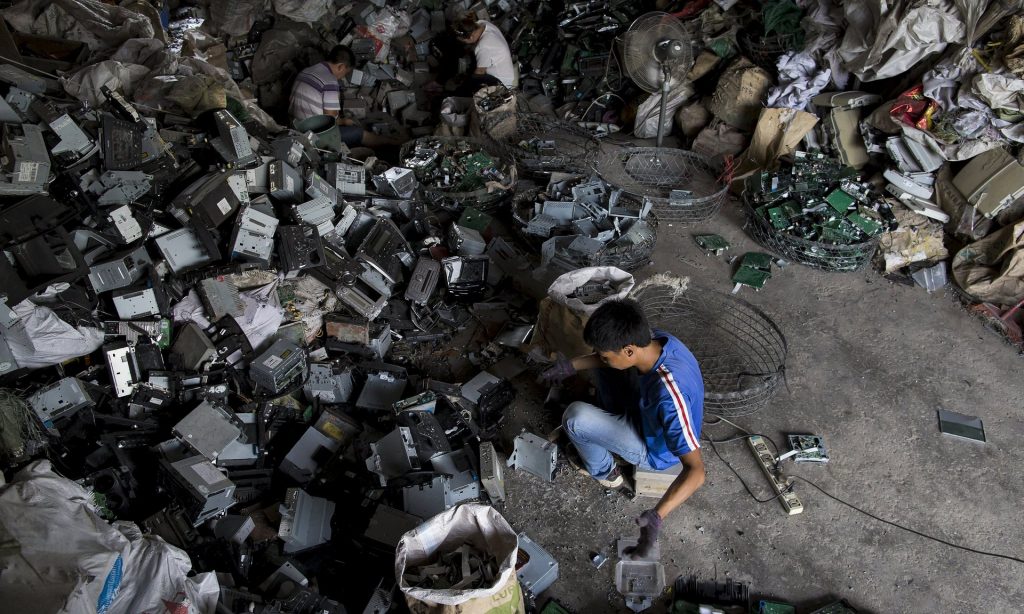
Photograph: Tyrone Siu/Reuters
The Organisation for Economic Cooperation and Development (OECD) last week launched its annual development cooperation report. The subject is the importance of private finance to achieve global sustainable development goals (SDGs).
The role of the private sector in society is not significantly different now than it was a couple of decades ago – the report claims it provides 60% of economic output and 90% of jobs.
But the way governments and their representative organisations, like the UN and the OECD, treat the private sector certainly has changed. While once the private sector would have been viewed as quite separate, to be regulated and influenced, we are getting to a point that was once unthinkable, and therefore wholly unacceptable to some.
The private sector is now close to being considered an equal partner in development debates, whether large multinationals in international discussions at the UN, or small businesses at the national level.
Its means of influence are different, as its legitimacy relies not on being representative but on being powerful and relevant. But it is being introduced to the high table of development debates as never before.
Many will discern the final victory of a free market approach to society, and they may be right, but the main reason this is happening is pure pragmatism. In discussions about financing the SDGs, one simple assertion is repeated – that most of the money required will not come from the public sector but from private investment, $2.5tn (£1.9tn) according to the OECD.
The reality is that business rules the world. It is more powerful than governments and the decisions made by business people may well end up having more impact on the world than those made by public sector representatives and officials. Often the distinction between private and public sector is semantic anyway, as the same powerful people run business and government affairs.
We need to get over kneejerk reactions to private sector engagement in development. But we should remain alert to overconfidence and overreliance on the business sector.
Crucially, the “business case” for social and environmental responsibility is probably overstated.
A week before the OECD’s report was published, I attended a reunion of graduates from a master’s in sustainable development I did in the late 1990s at Forum for the Future. It was set up in 1996 by three prominent members of the Green party – Paul Ekins, Sara Parkin and Jonathon Porritt – and set out the business case for going green, aiming to show companies it was the right thing to do, not just for ethical reasons, but for the bottom line as well – a bold move in those days.
I have been studying this business case ever since. The fundamentals I was taught 20 years ago are presented almost precisely in the OECD’s latest report. The emphasis is slightly different – from greening business practices to looking for socially valuable investment opportunities, but the central claim is the same: “Research shows that companies do well by doing good,” the OECD confidently boasts.
If this is really the case, why, decades later, does the argument still need to be made? Business people focus on profit – that is what they are paid to do. They do well the more profit they make for companies. If it is true that companies do well by doing good, surely companies would be doing it by now?
My conclusion, based on this logic but also on the way I have seen the private sector behave over the years, is that this bold business case is only part of the truth. There is indeed evidence that sometimes, maybe even often, the right thing is also the profitable thing. But often, cutting corners, ignoring standards, trampling on communities, polluting, screwing the consumer and working staff into the ground can be profitable too.
I am beginning to wonder how useful it is to keep repeating the mantra that it is in a company’s interests to do the right thing. It displays a certain naivety. As George Soros acknowledges in his preface to the report, profit and the public interest do not always align.
As business views and opportunities become ever more part of the sustainable development dialogue, the private sector should be approached with the appropriate amount of suspicion.

